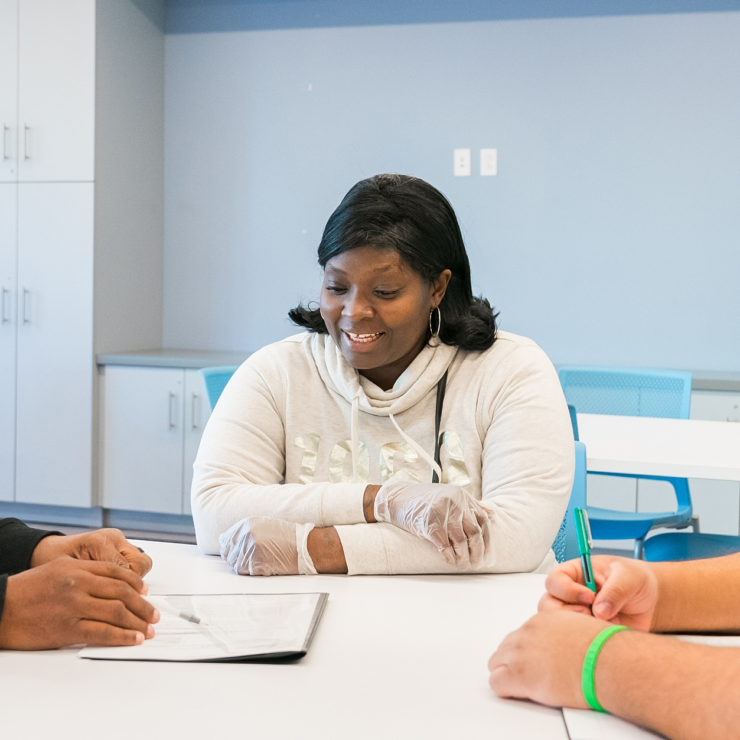Maintaining a pest-free home is essential for the health and safety of your family. Pests like rodents, insects, and other critters can cause significant damage to property, contaminate food, and spread diseases. Effective residential pest control involves understanding the types of pests that can invade your home, implementing preventive measures, and knowing when to seek professional help.
Common Household Pests
There are a variety of pests that can find their way into your home, each bringing its own set of problems. Some of the most common household pests include:
- Rodents (Rats and Mice): These pests are notorious for chewing through wires, insulation, and wood, leading to costly repairs. They can also contaminate food and spread diseases like Hantavirus and Salmonella.
- Insects (Ants, Cockroaches, and Termites): Ants and cockroaches are often attracted to food sources in the kitchen, while termites can silently destroy the wooden structures of your home. Cockroaches, in particular, are known to trigger allergies and asthma in some people.
- Bed Bugs: These tiny insects feed on human blood and are often found in mattresses, bedding, and furniture. Bed bugs can cause itchy bites and disrupt sleep, making them a particularly frustrating pest to deal with.
- Spiders: While most spiders are harmless, some species like the black widow or brown recluse can pose a danger due to their venomous bites. Even non-venomous spiders can create unsightly webs and cause anxiety for many homeowners.
- Mosquitoes: Known for their itchy bites, mosquitoes are more than just a nuisance. They are carriers of diseases such as West Nile Virus, Zika Virus, and Malaria, making them a significant health concern.
- Wildlife (Raccoons, Squirrels, and Bats): These animals may seek shelter in attics, basements, or crawl spaces, leading to potential damage and health risks. They can carry rabies and other diseases that are harmful to humans and pets.
Preventive Measures for Pest Control
The best way to control pests is to prevent them from entering your home in the first place. Here are some practical tips for keeping your home pest-free:
- Seal Entry Points: Inspect your home for cracks, gaps, and holes in walls, windows, doors, and the foundation. Use caulk, weatherstripping, or mesh to seal these entry points to prevent pests from sneaking inside.
- Maintain Cleanliness: Pests are attracted to food and water sources, so keeping your home clean is essential. Regularly sweep, mop, and vacuum floors, clean up spills promptly, and store food in airtight containers. Don’t forget to take out the trash regularly and keep it in sealed bins.
- Eliminate Standing Water: Mosquitoes and other pests are attracted to standing water. Make sure to drain any stagnant water around your home, including in flowerpots, gutters, birdbaths, and pet bowls.
- Manage Landscaping: Overgrown bushes, trees, and shrubs can provide shelter and a pathway for pests into your home. Keep your lawn and garden well-maintained, trim branches away from your house, and remove any piles of leaves or debris where pests could hide.
- Store Firewood Properly: If you have a fireplace, store firewood at least 20 feet away from your home and elevate it off the ground. Firewood can attract termites, ants, and other pests that may eventually find their way into your house.
- Use Screens: Install screens on windows, doors, and vents to keep flying insects like mosquitoes and flies out of your home. Ensure that screens are in good condition without any holes or tears.
When to Call a Professional Pest Control Service
While preventive measures can go a long way in keeping pests at bay, sometimes residential pest control services are necessary. Here are some situations when it’s time to call in a pest control expert:
- Recurring Infestations: If you’ve tried DIY methods but pests keep coming back, a professional can identify the root cause of the problem and implement a more effective solution.
- Large Infestations: When pests have multiplied beyond control, such as a severe termite infestation or a large colony of rodents, professional help is essential to eradicate the problem thoroughly.
- Health Risks: If the pests in your home pose a significant health risk, such as venomous spiders, rodents, or mosquitoes carrying diseases, it’s crucial to have them removed by professionals.
- Structural Damage: Termites, rodents, and other pests that cause structural damage to your home need to be dealt with immediately. A pest control expert can assess the extent of the damage and take appropriate action to prevent further destruction.
- Wildlife Intrusion: Handling wildlife like raccoons, bats, or squirrels can be dangerous and should be left to professionals who have the proper equipment and experience to safely remove them.
Residential pest control is an ongoing process that requires vigilance and preventive measures. By keeping your home clean, sealing entry points, and managing your surroundings, you can significantly reduce the chances of a pest invasion. However, when pests become a persistent problem or pose serious health risks, it’s wise to seek the assistance of a professional pest control service. They have the expertise, tools, and knowledge to effectively eliminate pests and keep your home safe and pest-free.



